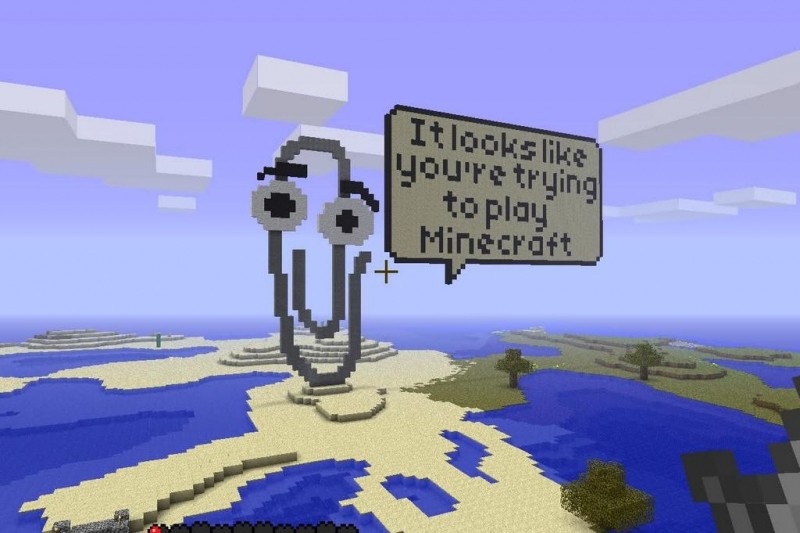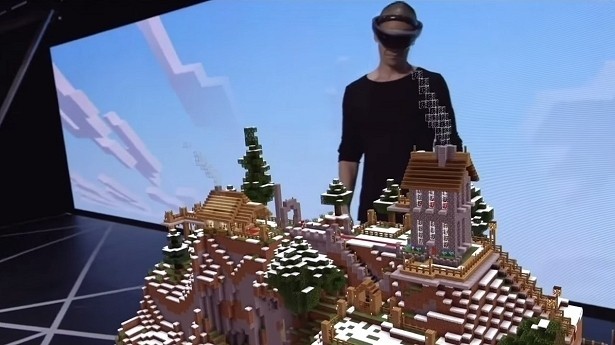
When Microsoft purchased Minecraft creator Mojang for $2.5 billion late last year, many questioned whether the Redmond-based company overpaid. Those perplexed by the acquisition were assuming that Microsoft would simply rely on a sequel to recoup most of its investment.
While a sequel is almost certainly in the cards, we now know Microsoft had much bigger plans for Minecraft.
The popular sandbox building game has been prominently featured in Microsoft's public HoloLens demonstrations and could very well be the killer app when the augmented reality headset comes to market. And now, Microsoft is positioning its franchise for success in yet another industry: education.

The root experience of Minecraft involves creating, exploring, mining and managing resources. Mojang discovered early on that these traits can also serve as a powerful teaching tool.
Shortly after its launch, some forward-thinking teachers started bringing the game into their classrooms and using it to design history lessons, explore mathematics, physics, computer science, writing and more.
Elementary students in Seattle, for example, are using Minecraft to calculate area, volume and perimeter as part of a Saturday math program. In Los Angeles, middle schoolers are using Minecraft in their humanities class to learn about world religions by visiting local sacred sites and researching international locations then building them in the game.
Educators also noticed that students were solving complex problems through collaboration and learning about leadership and digital citizenship.
To further the initiative, Microsoft has launched a new portal designed to give educators a forum to share their ideas and receive inspiration. The site isn't fully operational just yet but the trailer above gives you a pretty good idea of the direction Microsoft is heading.
In less than a year, Microsoft has taken Minecraft and injected it into two additional industries. Education is already a proven moneymaker and if predictions prove accurate, augmented / virtual reality will be the next big thing in technology. Combined with the revenue it's already making from game and merchandise sales and an inevitable sequel, Microsoft's $2.5 billion acquisition looks vastly different than it did last September.